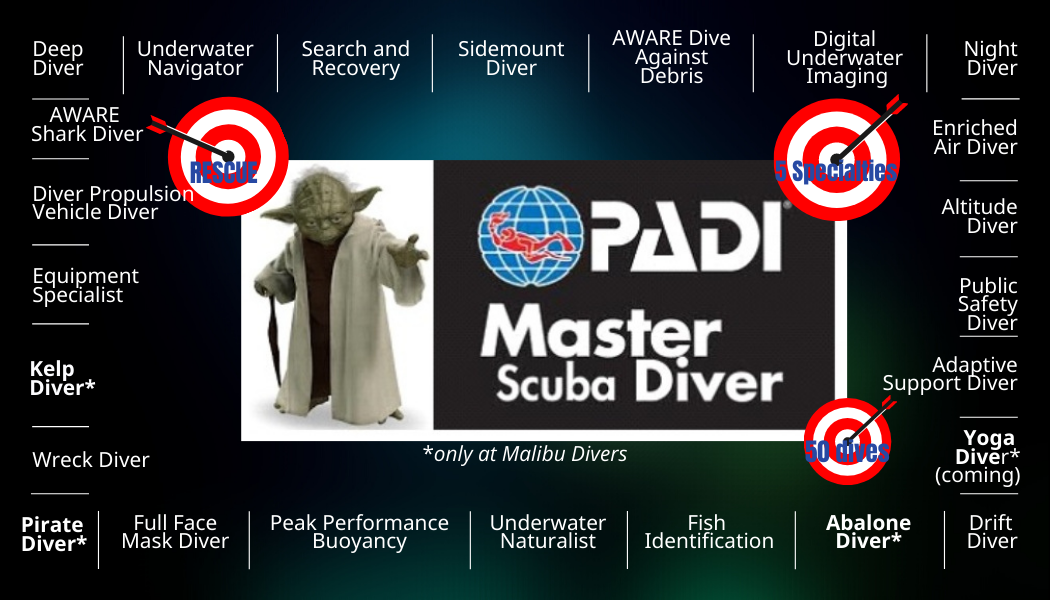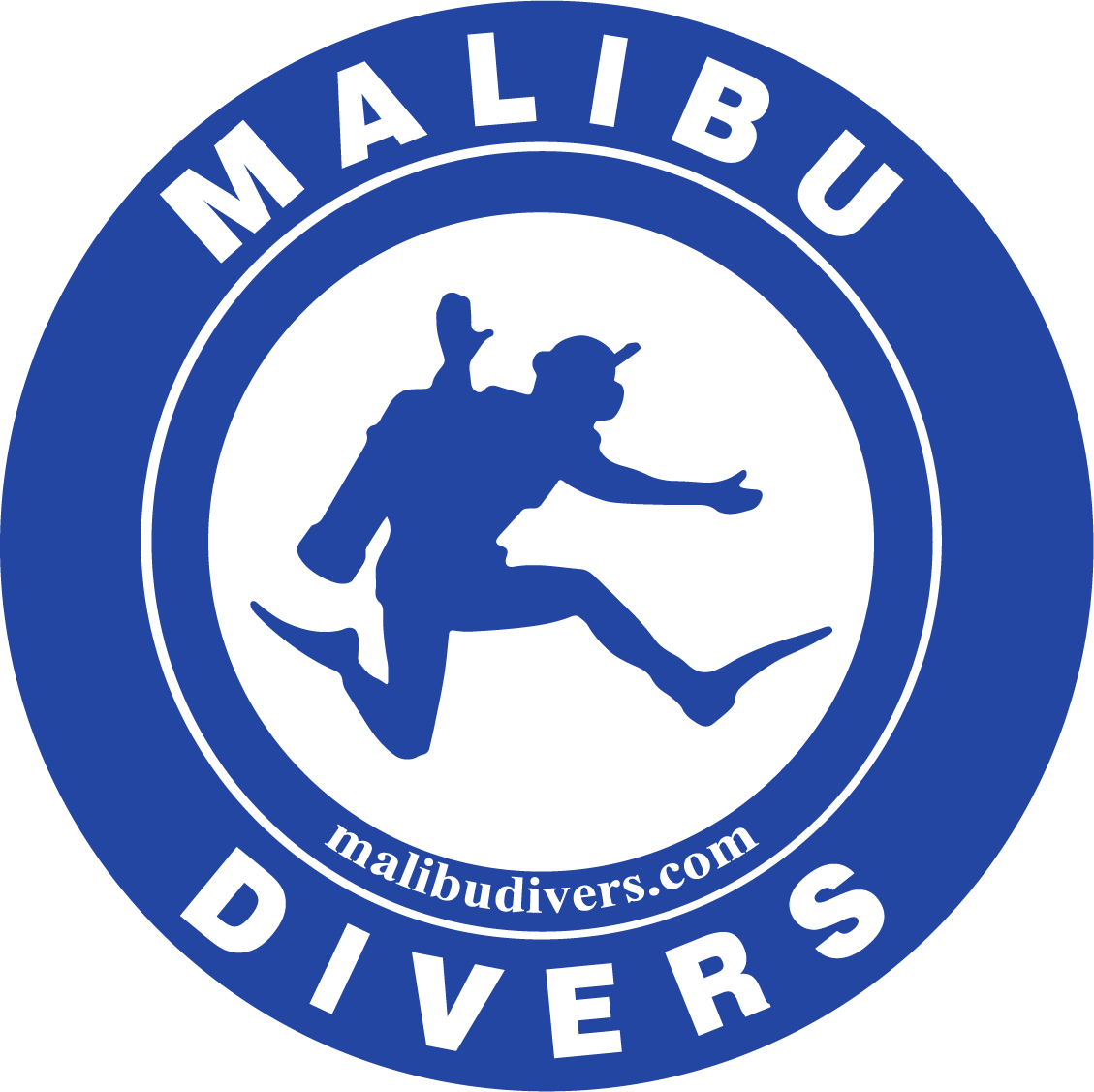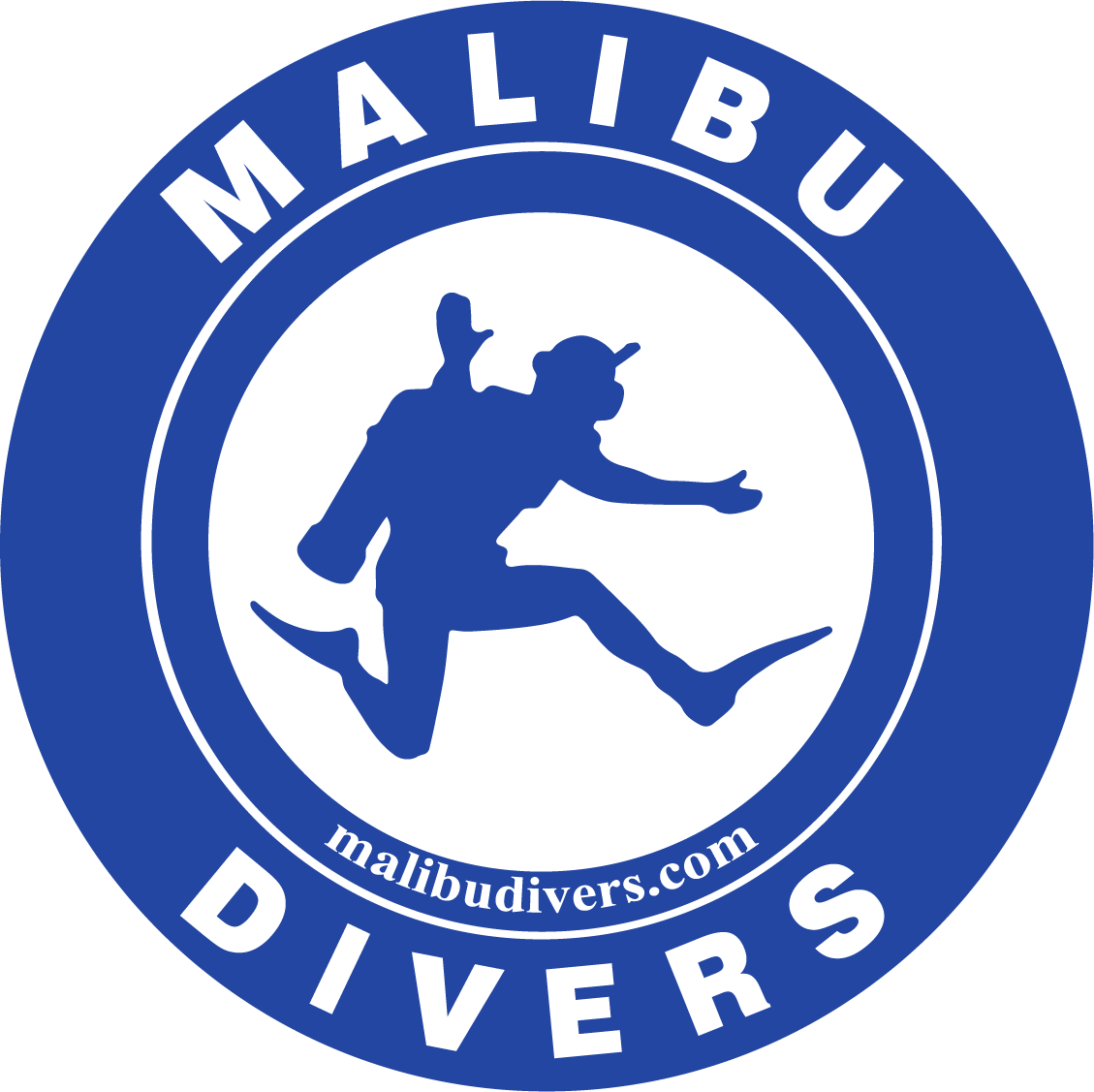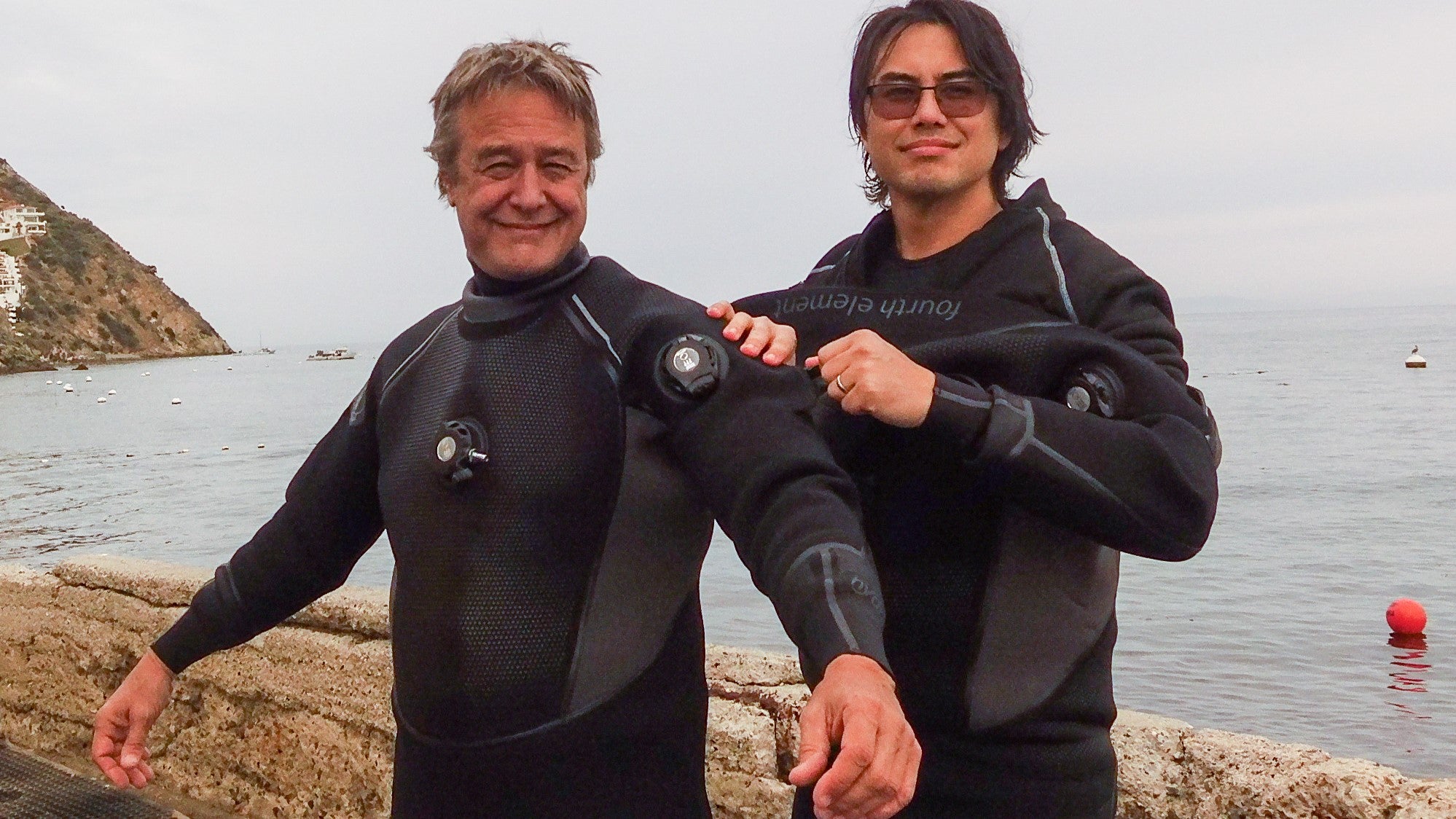Deep News
- All
- acoustic modeling
- Advanced Open Water
- advantages for life
- adventure
- Adventure Diver
- AED
- AIDA
- Algae Bloom
- Anacapa Island
- apnea
- Astronomy
- awareness
- beach blanket bingo
- breath hold
- buoyancy
- California
- California lobster
- cardiac health
- catalina
- catching fish
- CDFW
- cell phone
- Channel Islands
- children scuba divers
- CMAS
- colds
- comfortable and confident
- Con Ed
- confidence
- connection
- conservation
- coronavirus
- covid-19
- CPR
- curiosity
- damage
- DAN
- deep-sea mining
- dehydration
- Dive careers
- dive computer
- dive destinations
- Dive Innovation
- dive local
- Dive Smart
- dive training
- dive travel
- divemaster
- divers
- Divers Alert Network
- diving
- Diving competence
- diving for lobster
- Diving safety
- diving skills
- Diving Wonders
- dolphins
- dream job
- Drowning
- drysuit
- drysuits
- EANx
- Economic Uncertainty
- EFR
- EFR Instructor
- Emergency
- enriched air
- enriched air diving
- Entertainment Industry
- Environmental stewardship
- excellence
- exposure suits
- fail
- family dive vacation
- fear
- female divers
- First Aid
- Fishing license
- fitness
- flu
- free diving
- freedivers
- freediving
- Freediving competitions
- FreedivingTips
- giant sea bass
- Gidget
- hawaii
- health
- heart
- heat loss
- hooded vests
- humpback whales
- hypothermia
- IDC
- immersion diuresis
- improve mental and physical health
- independence
- Instructor
- iphone®
- iphone® housing
- kelp
- krill
- lancetfish
- learn to dive
- Learning to dive
- Lloyd Bridges
- lobster
- lobster report card
- male divers
- Malibu
- Malibu beaches
- Mariana Trench
- marine biology
- marine ecosystems
- Marine Life
- mercury
- Mike Nelson
- Mount Wilson Observatory
- MPA
- nitrox
- No decompression sickness
- ocean
- ocean adventures
- Ocean Geology
- OceanExploration
- octopus
- odor
- oldest human remains
- Open-mindedness
- pacemaker
- PADI
- PADI Rescue
- passion
- Peace Dive Boat
- Peak Performance Buoyancy
- pee
- performance
- Personal growth
- Point Dume Marine Reserve
- precautions
- prepared diver
- Preservation
- Private beach ownership
- professional diver
- professional scuba diver
- protect
- Public beach access
- Quora Questions
- reactivate
- real-time whale detection
- red tide
- referral
- repetitive dives
- Rescue
- Rescue Diver
- safe fish
- safe to eat
- Safety
- Santa Rosa Island
- science
- scientific research
- SCUBA
- Scuba diving
- scuba diving health
- scuba diving safety
- scuba equipment
- scuba gear
- SCUBA lessons
- scuba safety
- Sea Hunt Legacy
- Sea lions
- sealife cameras
- Shared experiences
- spiny lobster
- SportDiver housing
- stroke
- summer vacation
- sunfish
- Tectonic Plate Exploration
- teenagers
- training
- travel
- Travel Dive Gear
- try freediving
- try scuba diving
- tune-up
- underwater exploration
- underwater housing
- underwater imaging
- underwater photography
- underwater videography
- underwatercameras
- unrealistic expectations
- urinate
- Veganism
- Waterproof
- wetsuit
- wetsuit shampoo
- whale safety
- whales
- women
- women divers
- wreck
- XCEL
Exploring the World of Drysuit Diving: What You Need to Know
Drysuit diving is a type of diving that uses a special suit that keeps you dry and warm, even in colder water. It's a great option for those who get cold easily and want to extend their diving season. But if you're new to drysuit diving, you may have some questions. One of the hardest things to learn about drysuit diving is proper buoyancy control and trim. Because a drysuit is much more buoyant than a wetsuit, divers must learn how to adjust their buoyancy to compensate for this added buoyancy. This can take some practice and getting used to, especially for divers who are used to diving in a wetsuit. Additionally, the diver needs to learn how to adjust the trim of the suit, which refers to the position of the diver in the water, to maintain an efficient and comfortable diving position. This can also take some practice and getting used to. Overall, mastering buoyancy control and trim is a key aspect of drysuit diving, and it requires patience and practice to master.
Advanced Open WateradventureAdventure Divercomfortable and confidentCon EdEFREmergencyPADIPADI Rescuepassionprepared diverRescueRescue DiverSCUBA

LOVE DIVING? TAKE YOUR PASSION ONE STEP FURTHER TO MASTER SCUBA DIVER: BECOME A RESCUE DIVER
Master SCUBA Diver is the highest level of recreational diving certification. IN order to earn it, you need Rescue Diver. Rescue Diver is a challenging, demanding course, but there isn't a single certified Rescue Diver who regrets having taken the course.


